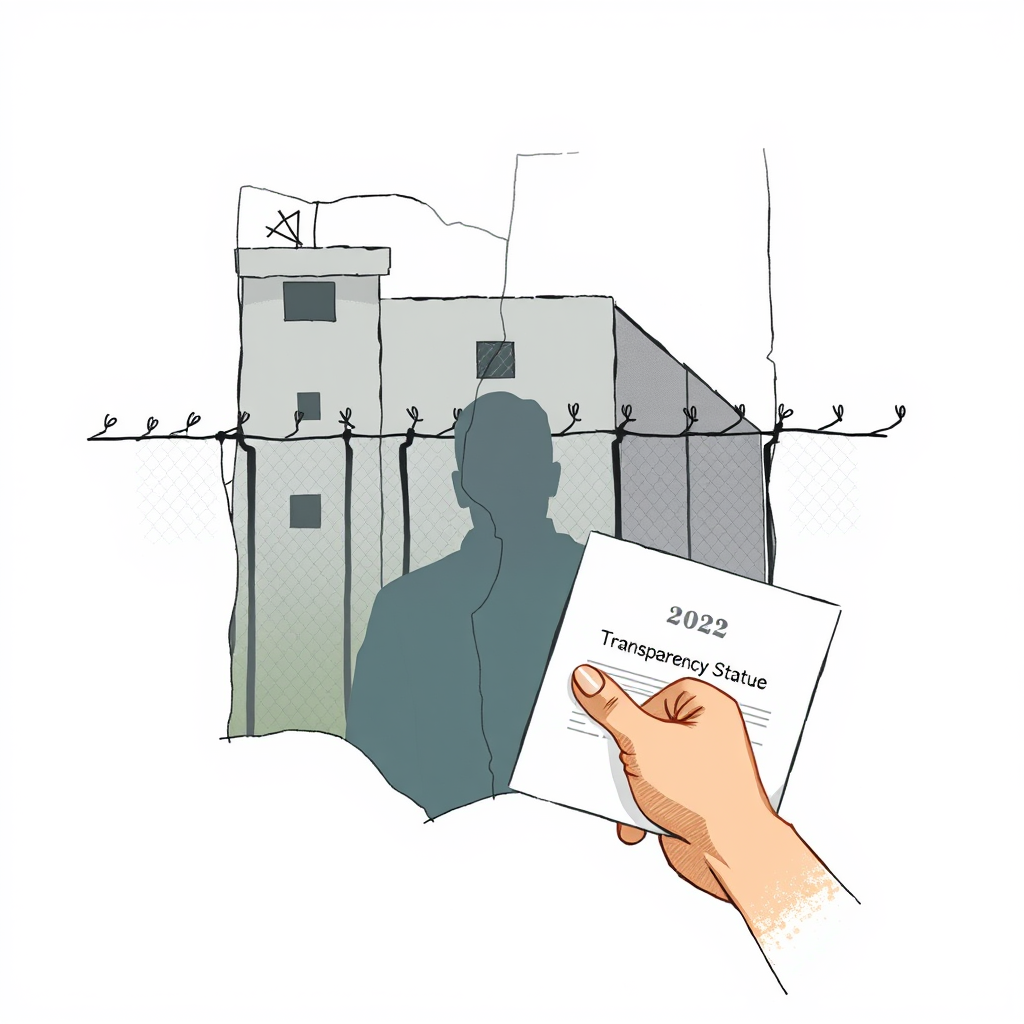Trump Deportation Case Threatened by New Law

Legal experts are challenging the Trump administration’s use of state secrets privilege to withhold information regarding agreements made with El Salvador concerning the deportation of immigrants. Three law school professors – Curtis Bradley, Jack Goldsmith, and Oona Hathaway – argue a 2022 transparency statute compels the administration to disclose details of any deals struck with El Salvador’s president, Nayib Bukele, regardless of classification.
The dispute centers around a case involving Kilmar Ábrego García, a Maryland man mistakenly deported to El Salvador and now imprisoned there. García’s family lawyers, along with the government itself, acknowledge the error. The administration invoked the “state secrets” privilege when a federal judge requested information about the deportations under the Alien Enemies Act, claiming further details would not be provided. Justice Department lawyer Drew Ensign further argued against “hastily” producing sensitive documents.
However, in an analysis published by Lawfare, the professors contend the 2022 statute mandates disclosure of both binding and nonbinding executive agreements within specific timeframes. Even if the administration views the agreement with El Salvador as non-legally binding, they assert the statute still requires disclosure if the agreement “could reasonably be expected to have a significant impact on the foreign policy of the United States.”
The experts point to State Department regulations which consider factors like the impact on the rights of individuals in the U.S. and public/Congressional interest. They argue an agreement involving the housing of deported migrants in a notorious El Salvadoran prison clearly meets this standard.
Furthermore, the 2022 rules require disclosure if a Congressional committee member requests information from the Secretary of State – a condition already met by Senator Jeanne Shaheen (D-NH). This means Democrats have a pathway to obtain the agreement, even if classified.
This case highlights a crucial tension between executive privilege and Congressional oversight, particularly concerning immigration policy and the treatment of deported individuals. The administration’s resistance to transparency raises serious questions about the nature of the agreement with El Salvador and its potential implications for due process and human rights. The invocation of state secrets, while a legitimate tool, appears increasingly strained given the clear mandate for disclosure established by the 2022 statute. The situation demands greater accountability and a commitment to transparency from the executive branch.